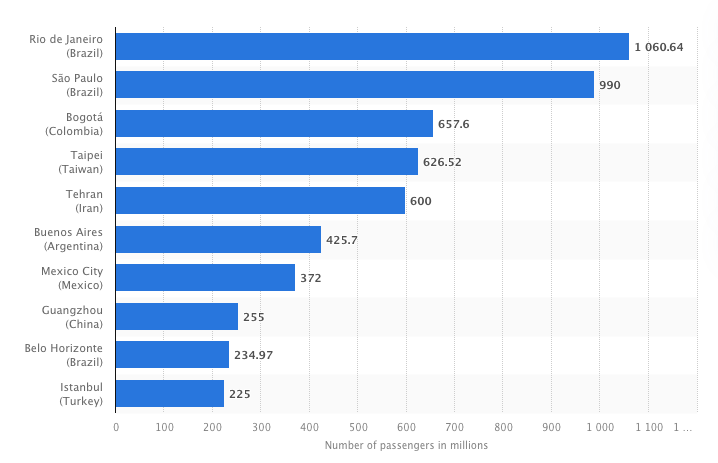Mobility Matters Daily #106
Good morning friend.
Ok, I admit this. I overdid it last night, and that is why this newsletter is late. To be fair, the England’s men’s football team have reached their first major final since 1966, so I think I am perfectly justified in doing that.
Also, a lack of sleep from the night before, where I stayed in a place known as Little Italy in the UK (for good reason), means that I am currently running on a mix of strong English breakfast tea and adrenalin. So this newsletter will be short. Sorry!
James
E-scooters in the UK are expanding
This just had to happen following my comments the other day. Rather than being cautious about the future, some e-scooter operators in the UK are expanding their operations. A planned expansion of the Isle of Wight scheme to the more tourist areas of the island is going ahead. Meanwhile you are probably know that the London scheme is now expanding to the City, Southwark, and parts of Lambeth.
You may think that these were planned already, so why is this so important? Well, plans can be changed, and it is reliant on both transport authorities and e-scooter companies to agree to these expansions. Plus it is in everyone’s interests to make the schemes a success. Seeing the boldness is refreshing.
Big trouble ahead on little buses
In a recent newsletter I noted the quality (or lack thereof) of the new Enhanced Partnership Guidance for buses in the UK. Needless to say that within the industry this has gone down very badly indeed, but after discussing with several industry colleagues, I truly feel that there is a huge disaster on the horizon for local buses in England.
Firstly, this autumn will see a whole wave of bus services deregistered as the Department for Transport ends the COVID-19 Bus Service Support Grant at the end of August, replacing it with a £225m recovery fund which bus operators will need to run a normal service to access. From my own rough calculations (based on this statement), the government has supported the industry with £93 million in funding a month since March last year. The use of buses has plateaued at around 60% since April. So assuming there is no further rise, and no further restrictions, this funding - which is meant to last until March - will last until January. And bus operators will not run at a loss for even 2 months.
But most critically is the timescales for agreeing Enhanced Partnerships. The Bus Services Act 2017 states that Councils have to give operators 28 days to formally object to a draft Enhanced Partnership. The reality is that as this is a statutory consultation, Councils will have to consult for 12 weeks otherwise they will be challenged, as recommended by Government guidance on consultation. Additionally, as this is a legal document, local councils are estimating that any Enhanced Partnership will take at least 3 months to go to relevant Council and committee meetings to approve.
Where does this lead us? Of the remaining 9 months until Enhanced Partnerships have to be in place, at least 6 are taken up by consultation and decision making. Giving 3 months to write a complex legal document, agree funding, and write a Bus Service Improvement Plan. And do so with countless local bus operators not objecting. That’s impossible. I can certainly see many of these Enhanced Partnerships being challenged in court, or be so basic as to be meaningless. All to meet an impossible deadline with little to no guidance.
Stat of the Day

I’m going to be honest here. I prefer Bus Rapid Transit to trams. All the benefits of trams, plus the flexibility of buses. What is not to like? Clearly Latin America loves them.
Source: Statista
If you do nothing else today, do this
Come and see me and Jo Ward talk about transport planning’s COVID-19 response, and join a little group therapy, at TPM 2021.
